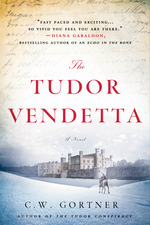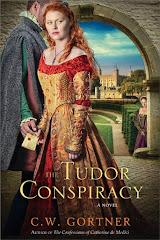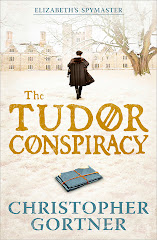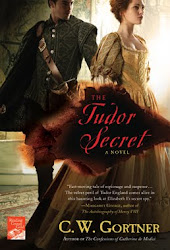I'm proud to host a release day for A DAY OF FIRE: A Novel
of Pompeii by bestselling authors Stephanie Dray, Ben Kane, Vicky Alvear
Shecter, Kate Quinn, and others.
 At the height of the Roman Empire, the lively resort of
Pompeii flourished in the shadow of Mount Vesuvius. When Vesuvius unexpectedly
erupted in a terrifying explosion of flame and ash, the entire town was
destroyed. Some of its citizens perished in the chaos, others escaped the
mountain's wrath. These are their stories:
At the height of the Roman Empire, the lively resort of
Pompeii flourished in the shadow of Mount Vesuvius. When Vesuvius unexpectedly
erupted in a terrifying explosion of flame and ash, the entire town was
destroyed. Some of its citizens perished in the chaos, others escaped the
mountain's wrath. These are their stories:- A boy who loses his innocence
- An heiress in dread of her wedding day
- An ex-legionary staking his entire future on a gladiator bout
- A crippled senator waiting for death, until a tomboy rescues him
- A young mother facing an impossible choice
- A priestess and a whore seeking redemption and resurrection
Through these characters, six authors acclaimed for their
historical authenticity bring to vivid life the overlapping fates of patricians
and slaves, warriors and politicians, villains and heroes, who cross each
others' path during Pompeii's fiery end. Who will escape? And who will be
buried for eternity?
"An emotional roller-coaster that educates while it
entertains."-- Parmenion Books
"Full of suspense, fear, and unexpected bravery."
--Ageless Pages
"Each one of these authors deserves a huge amount of
praise for putting this impressive piece of art together." --Steven McKay
To find out more, please visit here.
Meet the Authors:
STEPHANIE DRAY is a multi-published, award-winning author of
historical women’s fiction and fantasy set in the ancient world. Her Nile
series about Cleopatra’s daughter has been translated into more than six
languages, was nominated for a RITA Award and won the Golden Leaf. Stephanie is
a former lawyer, a game designer, and a teacher.
BEN KANE worked as a veterinarian for sixteen years, until
his love of ancient history drew him to write fast-paced novels about Roman
military life and gladiators. He is the author of seven books, the last five of
which have been Sunday Times Top Ten bestsellers in the UK. Ben’s work has been
translated into ten languages. In 2013 and 2014, dressed in full Roman military
kit, he and and a group of fellow authors walked the length of Hadrian’s Wall,
as well as over 130 miles in Italy, for charity, raising over $50,000.
E. KNIGHT is an award-winning, national best-selling indie
author. Under the name Eliza Knight, she writes historical romance and
time-travel. Her debut historical fiction novel, My Lady Viper, has received
critical acclaim and was nominated for the Historical Novel Society 2015 Annual
Indie Award.
SOPHIE PERINOT is the author of the acclaimed debut, The
Sister Queens, about medieval sisters Marguerite and Eleanor of Provence. She
holds a BA in History and a law degree. Her most recent novel about Marguerite
of Valois, daughter of Catherine de Medici, was recently acquired by St
Martin's Press.
KATE QUINN is the national bestselling author of the Empress
of Rome novels, and two novels about the Borgia pope's mistress, The Serpent and The Pearl, and The Lion and The Rose.
Her books have been translated into thirteen languages. She first got
hooked on Roman history while watching "I, Claudius" at the age of
seven, and wrote her first book during her college freshman year.
VICKY ALVEAR SHECTER is the award-winning author of the YA
novel, Cleopatra’s Moon, based on the life of Cleopatra's daughter. She is also
the author of two biographies for kids on Alexander the Great and Cleopatra.
Her young adult novel. Pompeii, Curses and Smoke, was released in June 2014.
She has two other upcoming books for young readers. Vicky is a docent at the
Michael C. Carlos Museum of Antiquities at Emory University in Atlanta.


























